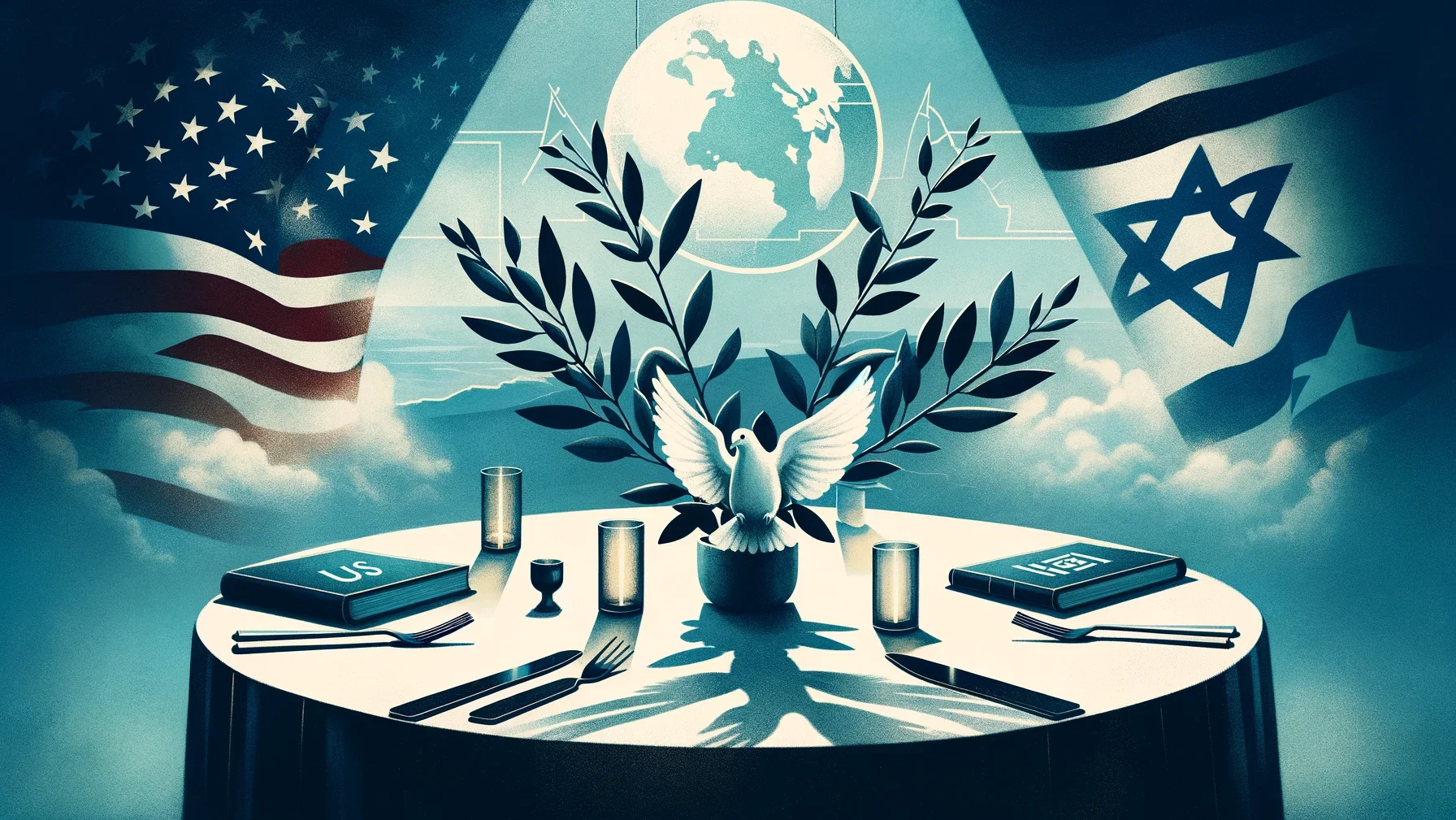Israel and the US on a Collision Course
Maariv, Israel, December 14
The recent criticism from [US] President Joe Biden toward [Israeli] Prime Minister Benjamin Netanyahu and the Israeli government’s policies highlights growing concerns in Washington over the Gaza war. There is a belief that Israel is intentionally avoiding the development of an exit strategy for the war and is even working against the administration’s plans for shaping the Palestinian system after the conflict. This disagreement is rooted in differing opinions on whether the Palestinian Authority should be allowed to control Gaza. It is important to note that Biden’s criticism did not come out of nowhere. Tensions had been building between the two administrations for nine months prior to the war, evident in Biden’s refusal to invite Netanyahu to the White House. Biden even described the current government as the most extreme he has seen in a long time. The White House is frustrated with the potential shift in Israel’s democratic-liberal identity and its unilateral annexation of territories, which could undermine the two-state solution. Since the start of the war, Biden has shown unprecedented support for Israel. He is deeply committed to Israel’s security, as he has stated that one does not have to be Jewish to be a Zionist. Despite facing criticism from some circles within the Democratic Party, Biden stands by his support for Israel, recognizing the significance of this event beyond a conflict between Israel and Hamas. Biden sees it as a battle between the democratic-liberal camp led by the US and the radical camp led by Iran with support from Russia. He sees an opportunity to shape the Middle East, establish regional alliances, and strengthen the normalization process between Israel and Saudi Arabia as a countermeasure against the radical axis. To achieve these goals, the American administration is outlining a multi-stage plan for the restructuring of the Palestinian system. Removing Hamas from power is a necessary step, and Israel is given the flexibility to take military action while receiving substantial aid. The administration discourages international institutions from calling for a cease-fire, but Biden warns that Israel could lose international support if it fails to act wisely and provide humanitarian aid to Gaza while minimizing harm to its population. Biden also lays out five guidelines for Gaza “the day after”: preventing the use of Gaza as a terrorist base, rejecting forced transfers of Palestinians, no reoccupation of Gaza, lifting blockades or closures, and maintaining Gaza’s current territorial area. Ultimately, Biden aims to unify Gaza with the Palestinian Authority under a “renewed” leadership. While he does not specify the details, it likely entails strengthening governance capabilities, curbing incitement, and discontinuing financial support for the families of terrorists. Biden firmly believes that a two-state solution is the only viable resolution to the Israeli-Palestinian conflict. He sees this as crucial for preserving Israel’s identity as a Jewish and democratic state. Providing a political perspective and involving the Palestinian Authority in Gaza’s reconstruction is necessary to gain support from moderate Arab nations, as expressed by leaders from Saudi Arabia and the United Arab Emirates. Israel has an opportunity to participate in historic regional processes led by the American administration, which can help address external threats, especially the Iranian threat. However, it is advised that discussions about the “day after” take place behind closed doors to prevent undermining Israeli strength and emboldening its enemies. The Israeli government should demonstrate political wisdom and prioritize strategic and security considerations over narrow political interests. —Shay Har-Zvi (translated by Asaf Zilberfarb)
This holiday season, give to:
Truth and understanding
The Media Line's intrepid correspondents are in Israel, Gaza, Lebanon, Syria and Pakistan providing first-person reporting.
They all said they cover it.
We see it.
We report with just one agenda: the truth.



